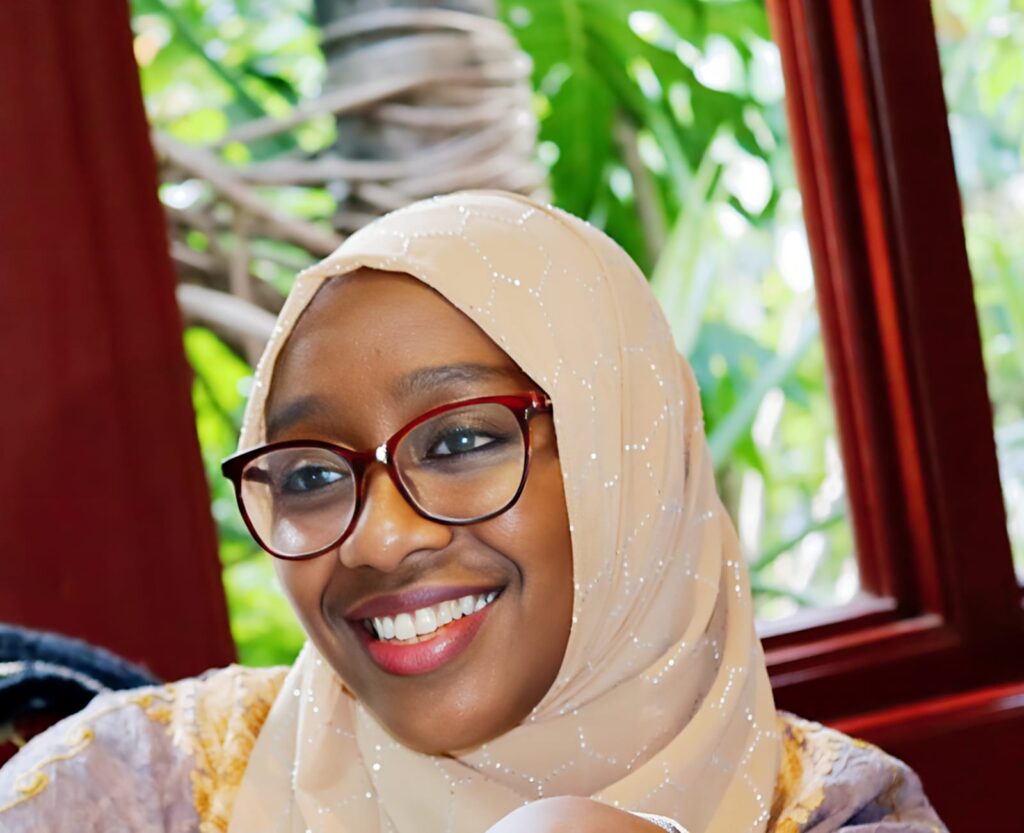Every Child Has a Voice

Every child is a storyteller. Every child has a unique voice, a rich imagination, and a valuable perspective. Every child deserves to be heard, respected, and empowered. But how often do we listen to the stories of children? How often do we create spaces for them to express themselves freely and creatively? How often do we celebrate their diversity and dignity?
Growing up, I had the privilege of interacting with children from diverse cultures and backgrounds. I learned to appreciate the richness and beauty of our differences and to respect the values and beliefs of others. In my home, there was no accommodative atmosphere for a child’s opinion. I never had the courage to speak out as I thought it would be wrong. Now 22 years, but fear still lies within.
As I progressed in life, I got a chance to intern at the Global Network of Religions for Children (GNRC) under the Communications and Outreach desk. The GNRC is a global Interfaith Network of organizations and individuals dedicated to securing the rights and well-being of children everywhere. One of the core values of the GNRC is to promote the participation of children and young people in all matters affecting them. The GNRC believes that children are not only beneficiaries but also agents of change who can contribute to building a better world for themselves and others.
While here, I met my supervisor—Ms. Stacy Ndung’u, a mother of three children. Through her personal experience, I have gotten a chance to have a new outlook on ‘life with children’ by how she interacts with her children. It makes me see that there should be no gap in understanding children. I now strongly believe that children need safe spaces to grow and develop in.
One of the ways the GNRC fosters the participation of children is by supporting their storytelling initiatives. In 2020, the GNRC organized a regional storytelling contest for children and youth in Latin America and the Caribbean, with the theme “Together We Can Overcome Violence”. The contest received more than 300 stories from 15 countries, reflecting the experiences, challenges, and hopes of children and youth during the COVID-19 pandemic.
I recognize storytelling as not only a form of expression but also a form of education. Through stories, children can learn about themselves, their identities, their values, and their dreams. They can also learn about others, their similarities, differences, challenges, and their aspirations. They can develop empathy, respect, tolerance, solidarity, raise awareness, inspire action, and advocate for change. Their stories are deeply attached to their emotions and feelings.
Listening is an act of love, an act of justice, an act of faith. Listening is a way of honoring the dignity and diversity of every child and learning from their wisdom and creativity. It is a way of supporting the rights and well-being of every child.
Every child is a storyteller. Every child has a story to tell. Let us listen.
– Zainab Ahmed

